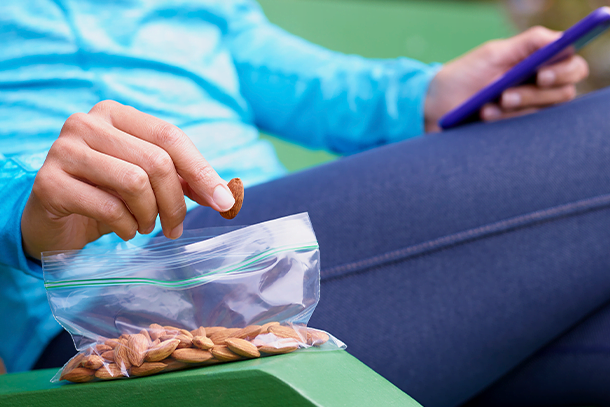In 2021, Cdial Halal accounted for 80% growth in certified companies in the processed food sector
The Arab market has become increasingly attractive to Brazilian products. Despite being the biggest exporter of halal food in the world, there is still a lot of potential for the country to expand business with the countries of the Arab-Muslim axis, and Brazilian companies have believed in this potential in several sectors, such as added value. This scenario is proven by the numbers: in 2021, there was a 53% increase among certified Brazilian companies, with the certifications of industrialized food companies being one of the highlights, with 80% growth in 2021.
Expectations are promising for the halal market: it represents almost 1/3 of the world’s population and is expected to move around US$5.74 trillion by 2024, according to data from the State of the Global Islamic Economy.
Data from the Arab-Brazilian Chamber of Commerce show that in 2021 the 22 countries of the Arab League purchased US$ 8.92 billion in Brazilian food, an increase of 9.52% over 2020.
And participation in Gulfood is a way of seeking new opportunities and expanding the sale of value-added products. “We stand out in the export of animal protein. We are leaders in the export of halal chicken meat. However, Brazilian industries from different sectors have enormous potential to explore this growing market, such as pharmaceuticals, cosmetics, among others. The doors of this market are open, because Brazil has won the trust of consumers of halal products”, explains the CEO of Cdial Halal, Ali Saifi.
Cdial Halal’s International Relations Manager, Omar Chahine, explains that Brazil has gained the trust of this market due to the quality and rigor in Brazilian legislation and production, which becomes a requirement that contributes to Brazilian companies achieving halal certification. “The certification process analyzes the entire chain, such as raw material, inputs, transport and storage, to ensure, among other things, that there is no cross-contamination with illicit products, such as pork”.
It is also important to highlight the diversification of the halal market and the opening to other Brazilian products. Brazil only certified proteins, but today there is an opportunity for commodities, dairy products, food additives, cosmetics, pharmaceuticals, among others.
“The halal seal is not only intended for the Muslim community, but for the entire population that seeks safe and traceable food”, comments Chanine.



